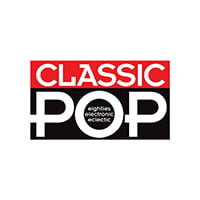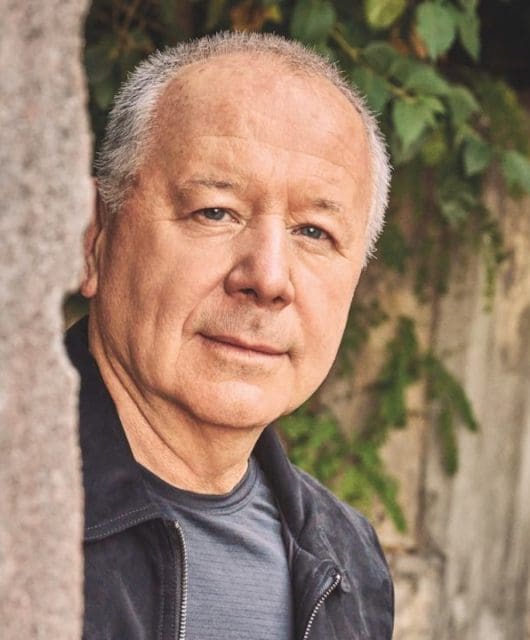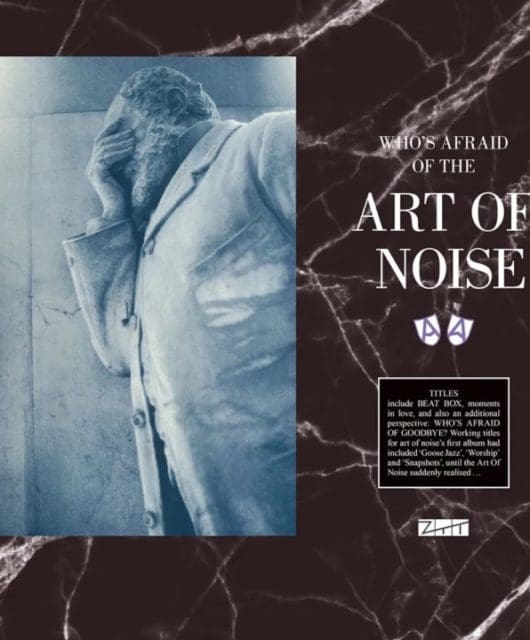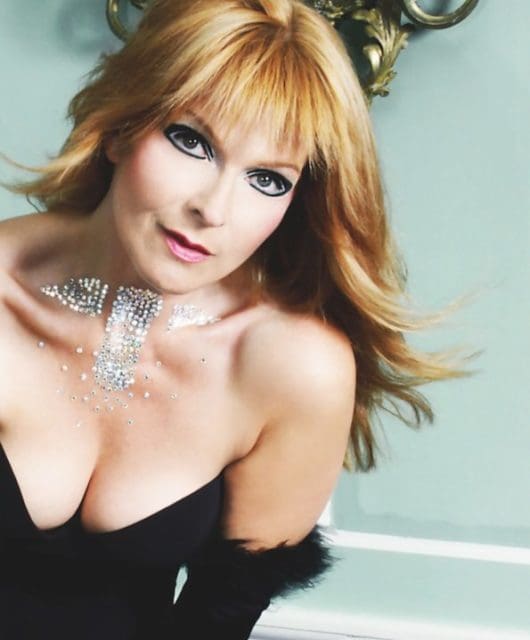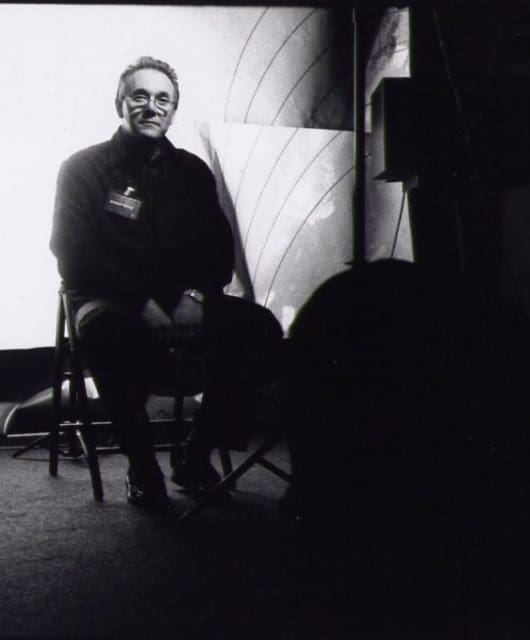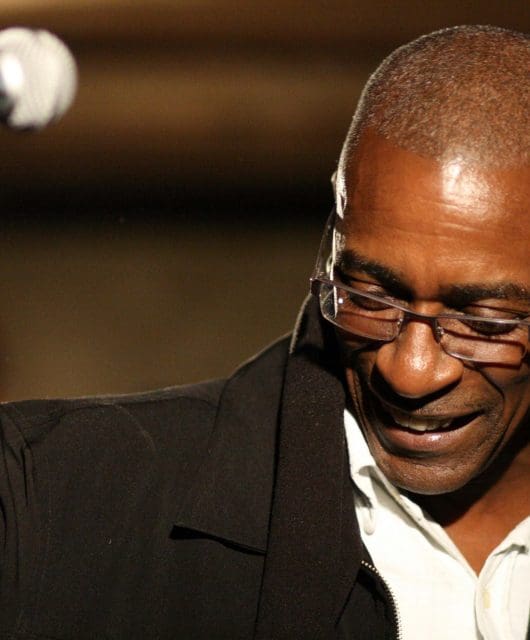Q+A: Jean-Paul ‘Bluey’ Maunick
By Classic Pop | February 10, 2020
The Incognito bandleader talks music, magic and dreams with Paul Kirkley…
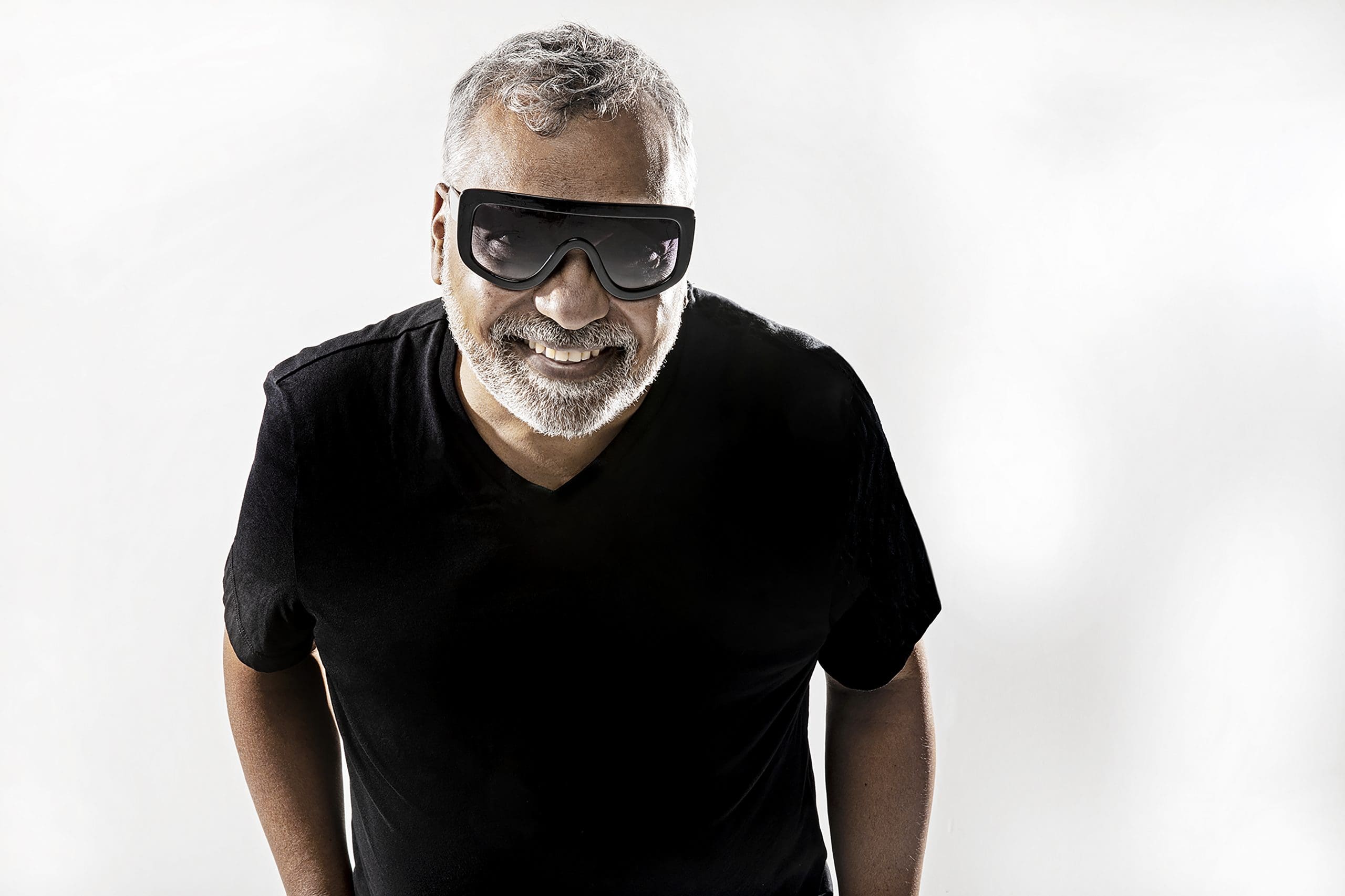
Formed in 1979 by Jean-Paul ‘Bluey’ Maunick – who, aged nine, had arrived in the UK from his native Mauritius with a head full of music and dreams – multicultural collective Incognito were pioneers of the 80s London acid jazz scene. Signed to Gilles Peterson’s Talkin’ Loud label, they achieved their biggest commercial success in the 1990s with hit covers of Ronnie Laws’ Always There (featuring Jocelyn Brown), and Stevie Wonder’s Don’t You Worry ‘Bout A Thing, which helped propel five consecutive albums into the US jazz chart Top Five. Now 62, the “elder statesman of acid jazz” is as busy as ever.
You’re marking 40 years of Incognito with a new album, Tomorrow’s New Dream. How did it come about? What’s the vibe?
I don’t like listening to an album from top to bottom – I prefer a good compilation. So I make my own compilations – like a greatest hits album of new tunes that have never been released. It’s a good album to celebrate the 40th anniversary, in my eyes.
Are there any songs you feel a particular connection with?
Haze Of Summer, which I put at the top of the album because I like that sensibility of soul and jazz music working side by side. Sometimes people are afraid to put the influence of jazz into soul music. I wanted to celebrate it, and [singer] Joy Rose has got this amazing range. And For The Love Of You, because I’ve been waiting to work with Phil Perry for years. I used to listen to his band, The Montclairs, back in 1973, ’74. Plus it’s a duet with Maysa [Leak], who is like the voice of Incognito.
Someone calculated that you’ve worked with more than 1,000 musicians in Incognito…
I would say it’s well over 1,500 now. One particular month we had something like 30 to 40 different players coming in: we were on this mad tour, singers were dropping off, we were picking up people on the road who had never even heard the band before… It was nuts. So I gave up counting at that point.
And they’re musicians from all over the world. In an age where people are talking about throwing up barriers, does that feel increasingly important?
Yeah. I’m a father to four children, so I’m going to feel that as intensely as anyone who cares about the future. Music has always been a place where people unite – a musician goes on stage, and the crowd starts to sing. There’s a sense of belonging, a sense of joy.
You first discovered music as a child on the beach in Mauritius…
It’s a place where people would come after work. My grandmother would take me there, I’d see the broken bodies of the people coming from the sugar cane fields. And then I saw what happened to those broken bodies once musicians arrived with their guitars, and their little bottles of alcohol, which they played with a little stone – ting ting, ting ting. So it was a jam session, whether you had an instrument or not. People were dancing, they were on their feet and lifting up their skirts and spinning. I thought to myself: this is magic. And I’ve been living in this magical world ever since.
You went on to work with quite a few of your early musical heroes. Who excited you most?
If you’ve grown up a disciple of Stevie Wonder, to actually have him come on stage and sing with you, and come to the studio and work with you and invite you to his place… that’s the stuff of dreams. The same thing happened with George Duke before he passed away. Also Chaka Khan, Al Jarreau, Philip Bailey… the list is endless.
You’ve been called “the elder statesman of acid jazz”. Do you feel like an elder statesman?
That’s the contradictory thing: when you go on stage and play songs like these, you become that five-year-old kid who fell in love with music. You become the teenager who discovered Earth, Wind & Fire. You’re in a younger place. The body may have changed, but inside you’re the same guy.
How did it feel when, after more than a decade on the acid jazz scene, you suddenly started having hit singles and albums?
You find a new lease of life. You think you’re already there and already on a high, and then suddenly you find a higher high. But I must admit, I also lost myself in that period, when the success came, because everything is available to you. There’s no moderation. I lost a lot of friends from that period. I lost a lot of people who had started a lifestyle that they couldn’t stop. I was fortunate enough to be surrounded by friends and family who sorted me out. That period opened doors, but it opened doors to everything.
The 80s and 90s are often described as the golden age of acid jazz. Are you buying that?
The only people who buy that are the people who had it, and then lost it. When you’re still doing more than 200 gigs a year, when people are coming to see you in their thousands… I’m still living the golden age.
Paul Kirkley
Click here to read more Classic Pop interviews
